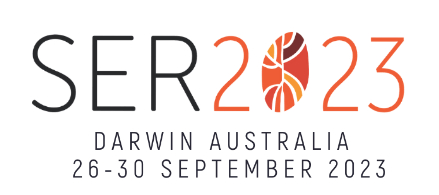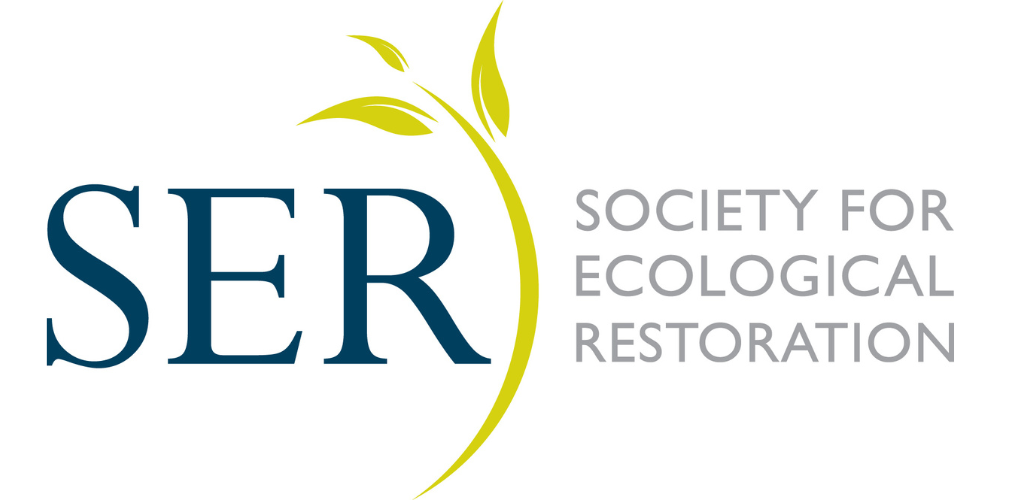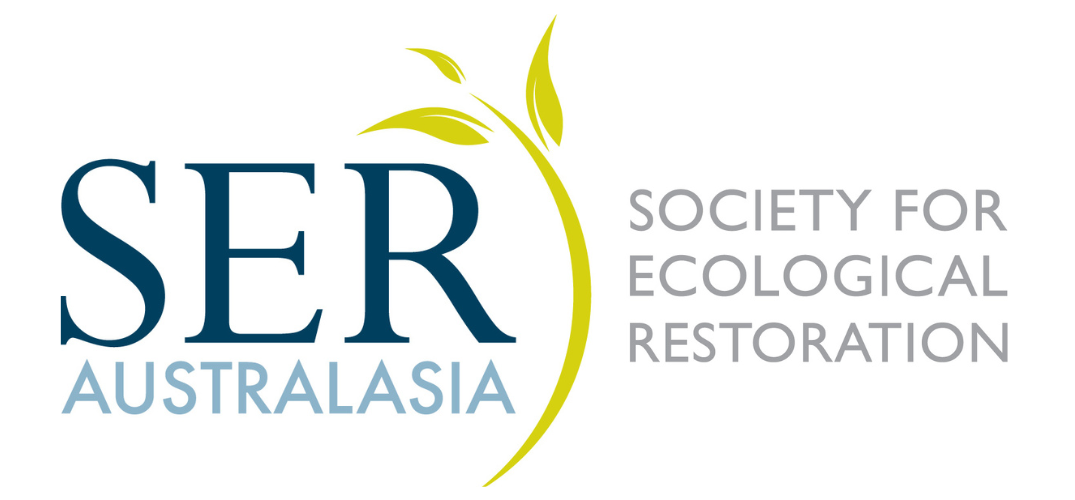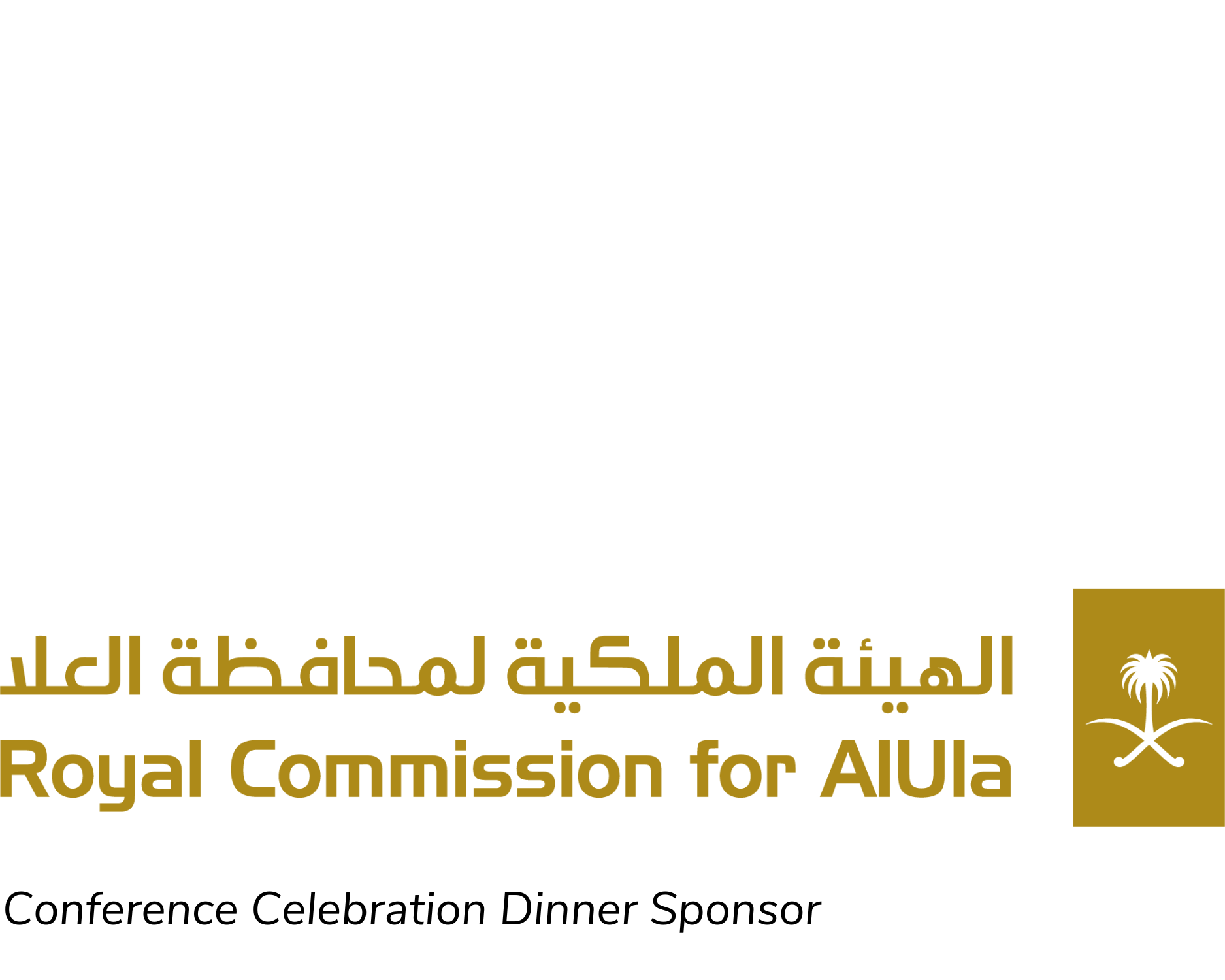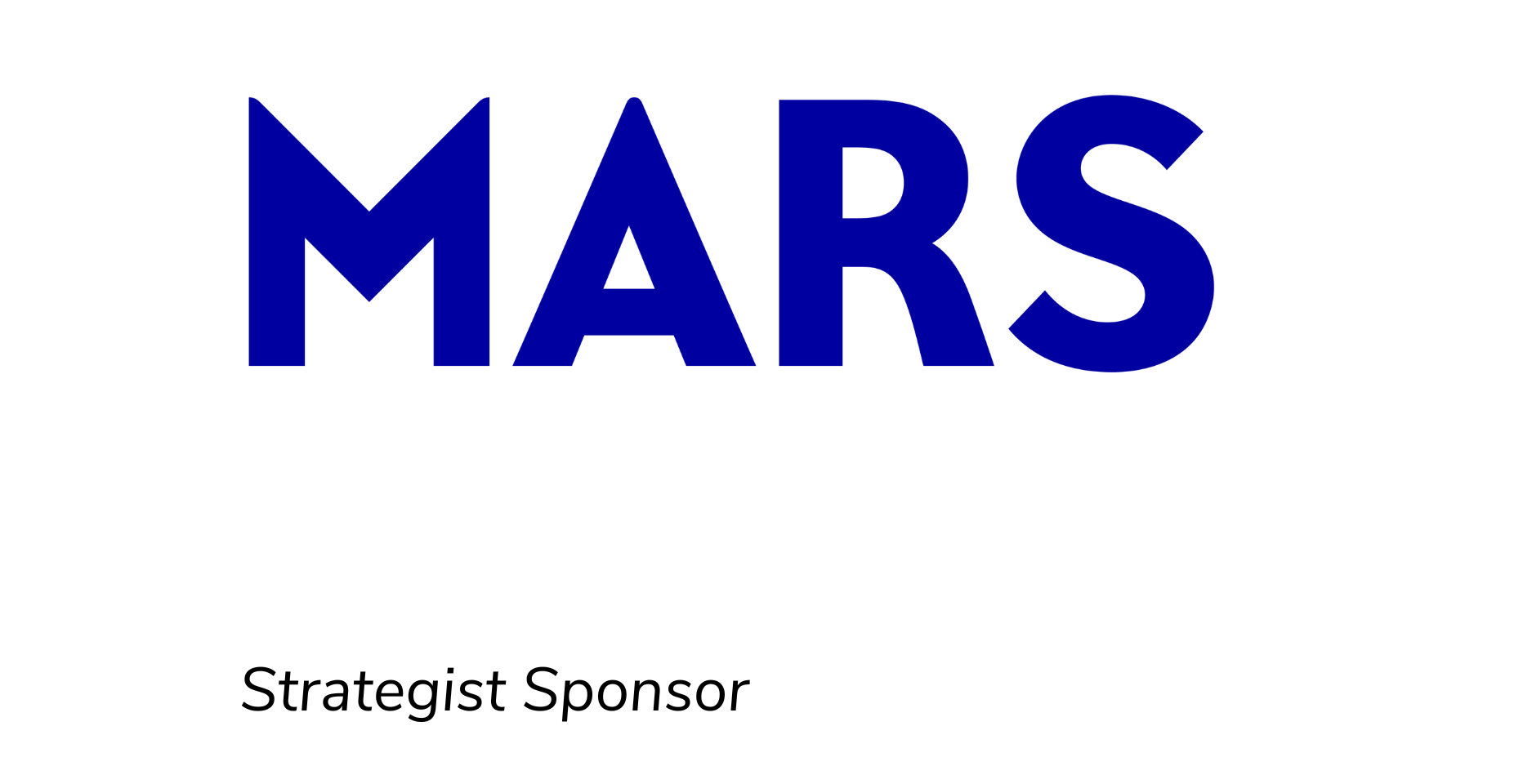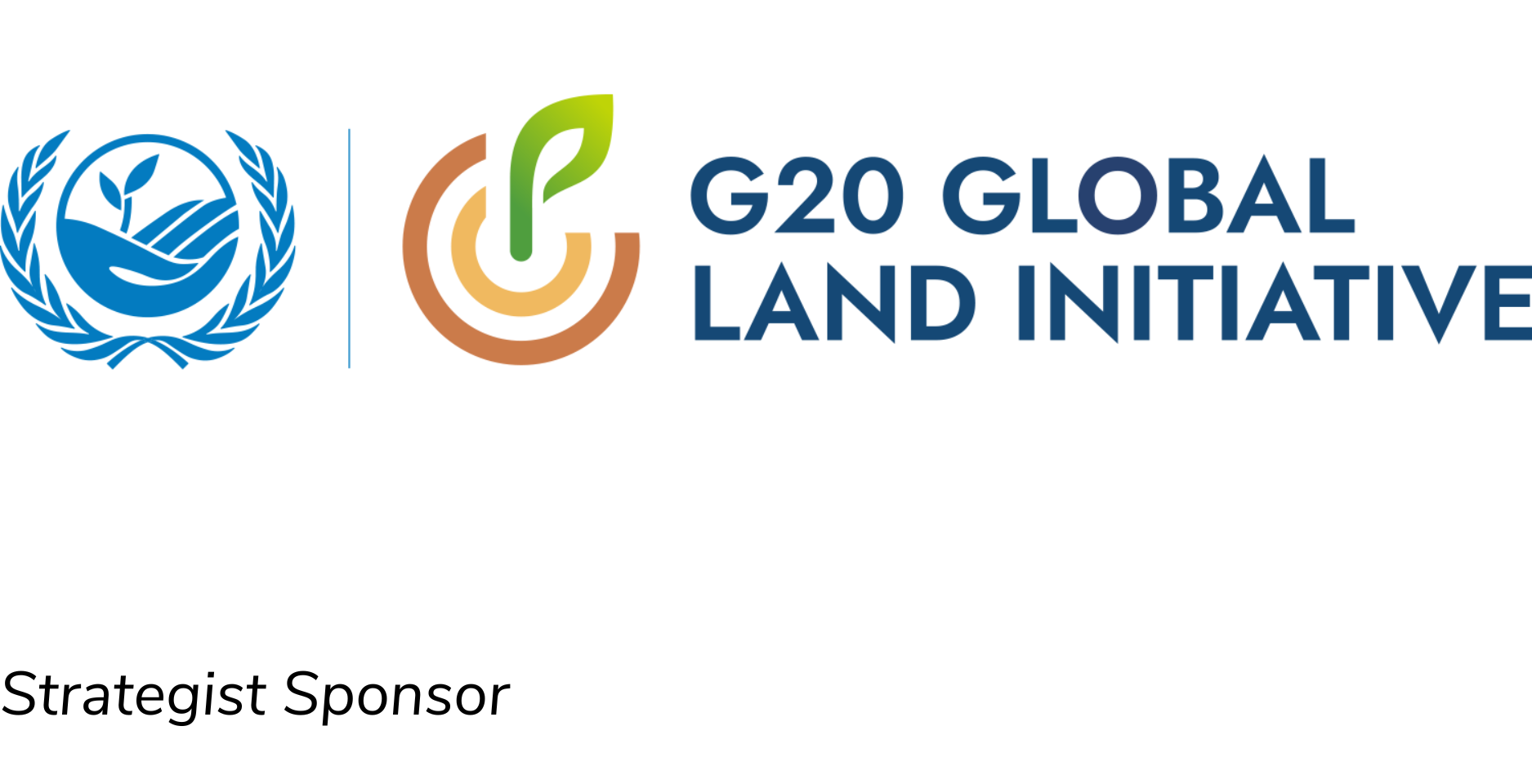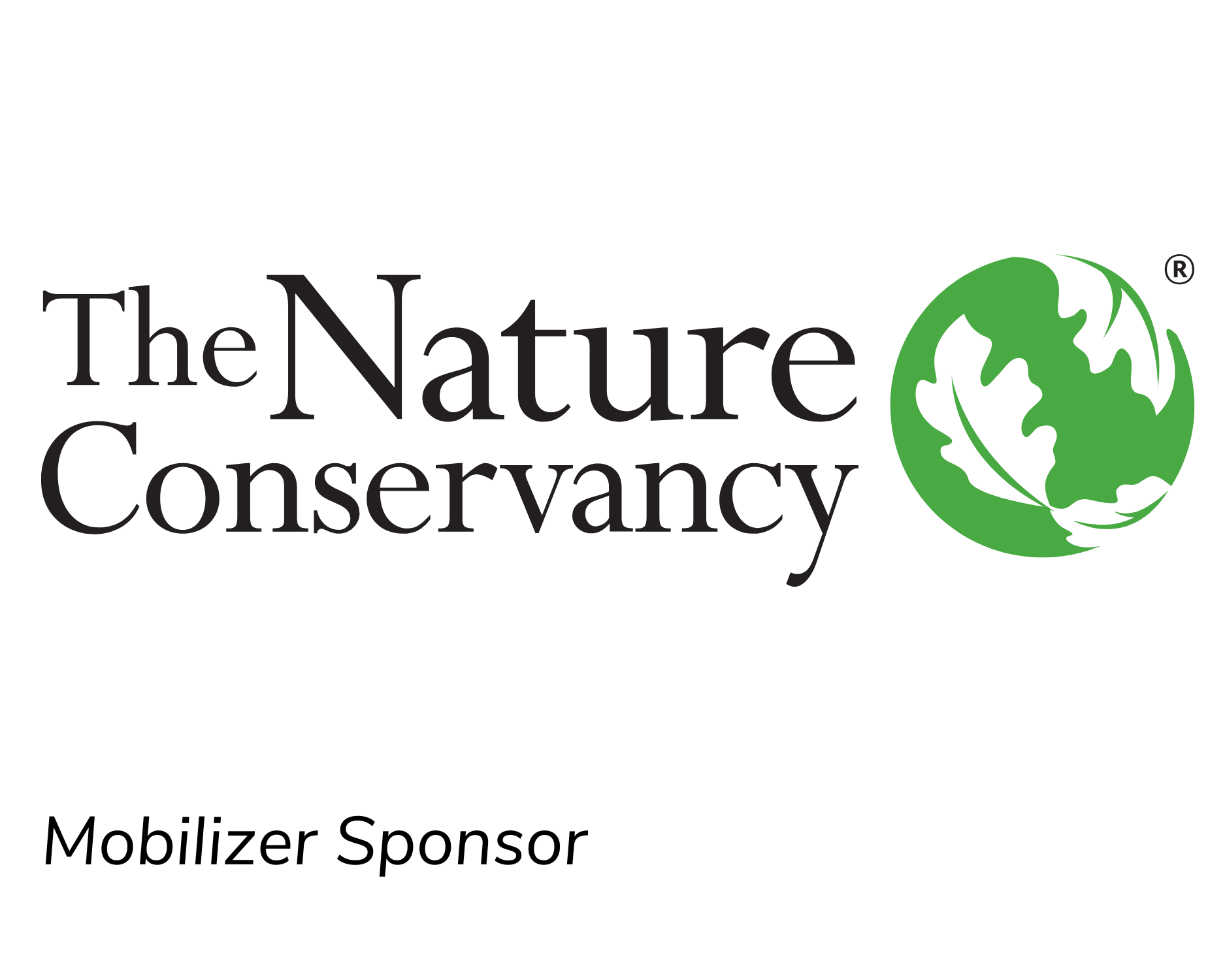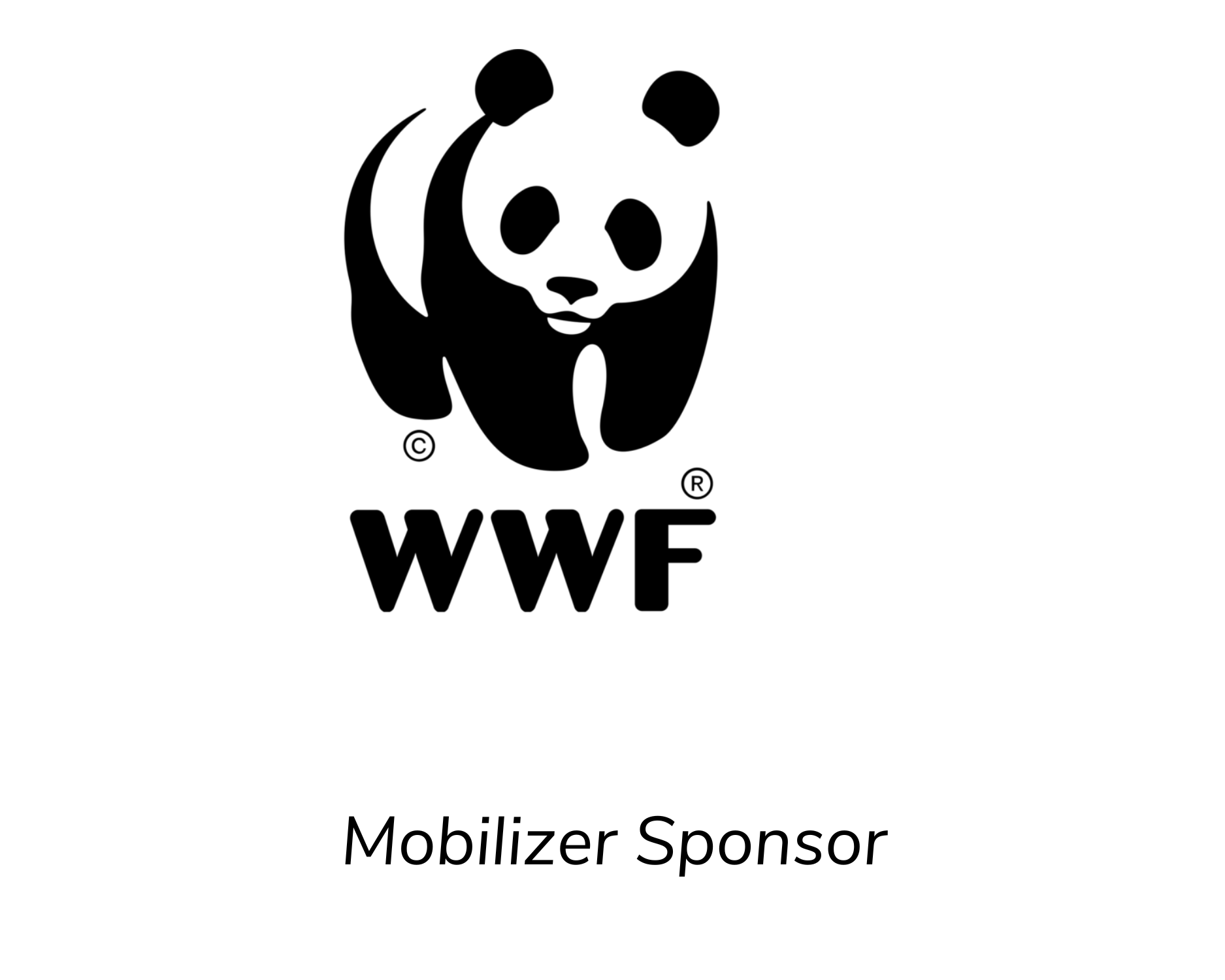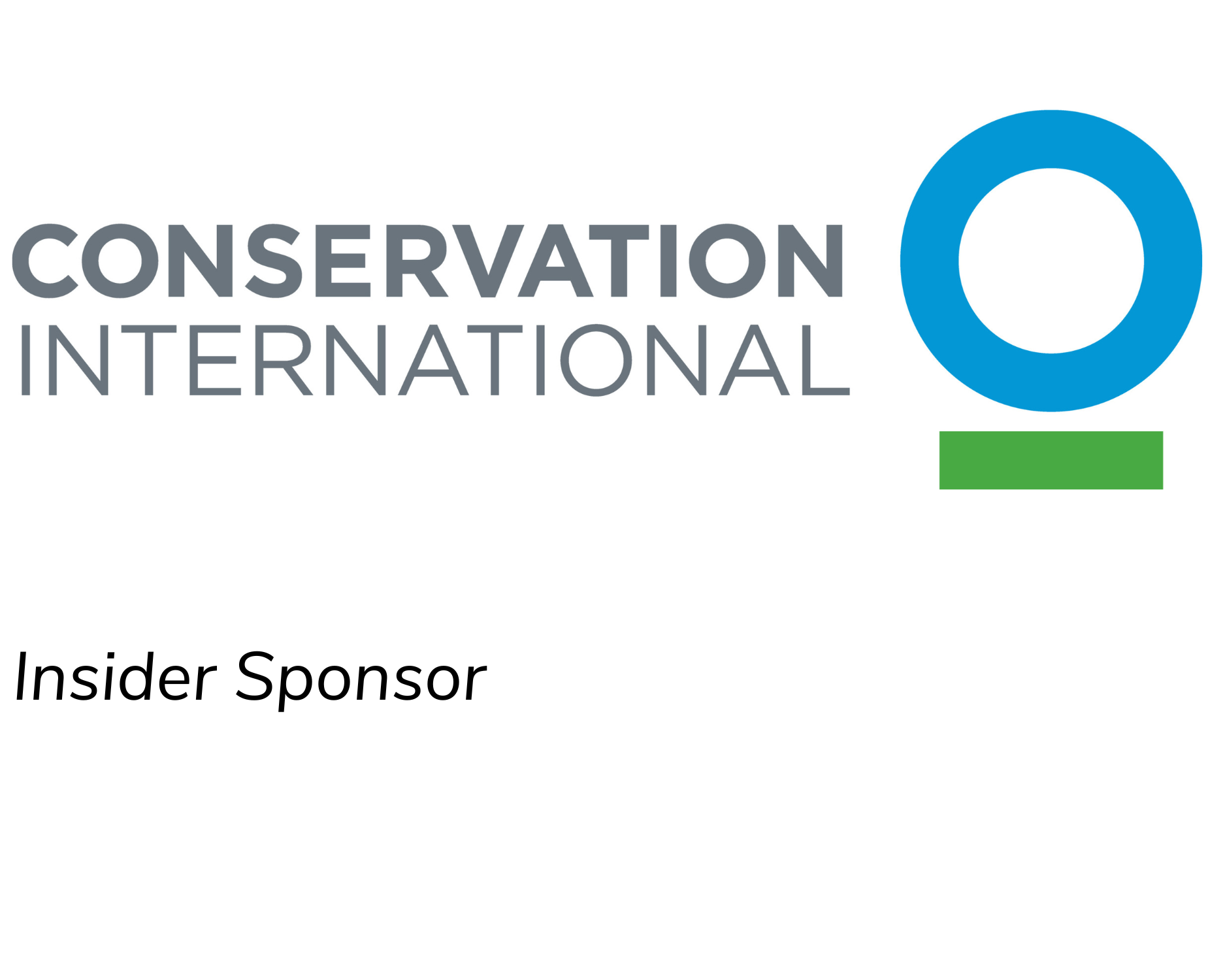On the second day of SER2023, leading voices from business, policy, and Indigenous peoples discussed the essential role ecological restoration plays in corporate operations and supply chains.
Day 2 Outcomes
Food systems, raw materials, and global supply chains are under increasing pressure from climate change and land degradation. It is essential therefore that ecological restoration knowledge and practice are integrated into corporate business strategies to help meet Net Zero emissions and biodiversity targets. Restoration is also a vital tool for organizations that want to minimize operational risks and reach their environmental goals.
Future-focused businesses understand that science-based restoration standards provide a benchmark for organizations to measure progress and balance interests. They provide legitimacy through independent verification, help measure impact, and support opportunities for market differentiation. Importantly, standards ensure inclusivity by providing guidance for transparent engagement with diverse stakeholders.

SER World Conferences provide space for impact-driven discussions, workshops, side-events, and symposia.
- The Bamboo Village Trust (BVT) announced its official launch at SER2023. The initiative seeks to restore degraded land and create sustainable livelihoods in the tropics and subtropics by establishing community-driven bamboo agroforestry projects that restore soils, ecosystems and rural economies.
- The UN Decade on Ecosystem Restoration Climate Challenge: Uniting for Ecosystem Restoration hosted its first in-person global discussion on how to nurture and expand collective action. Change-makers from around the world attended to foster collaborations and combine collective actions.
- Conservation International, the Lead Agency for the Ecosystem Restoration Integrated Programme (ERIP) under the Global Environment Facility’s GEF8 Programming Directions, hosted their kick-off event, resulting in important conversations about scaling, amplifying, and supporting the diverse impacts of the GEF8 ERIP.
Banner photo: Australian Barn Owl, Northern Territory (Photo credit: Alexander Ludwig, Canva)
